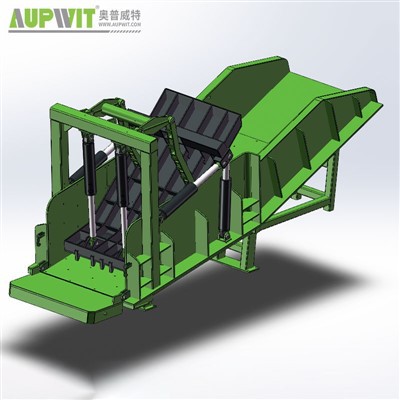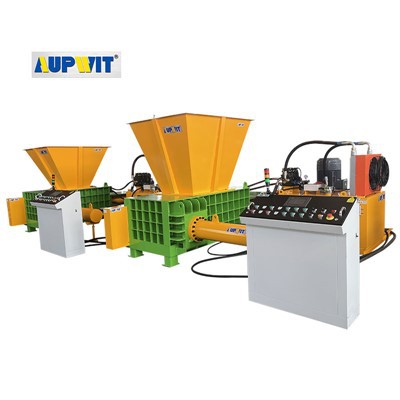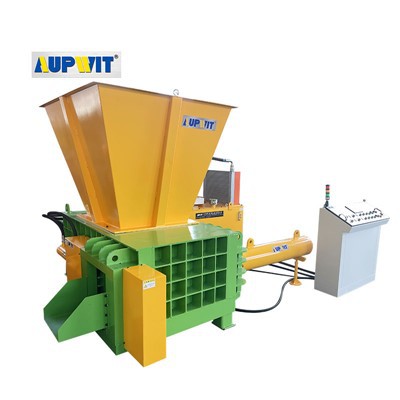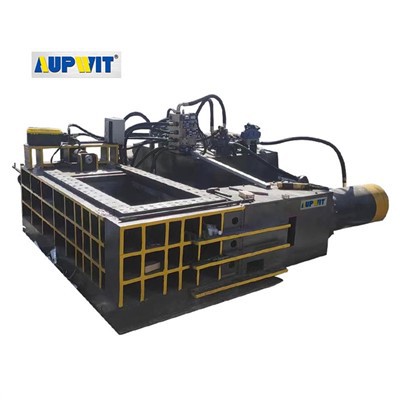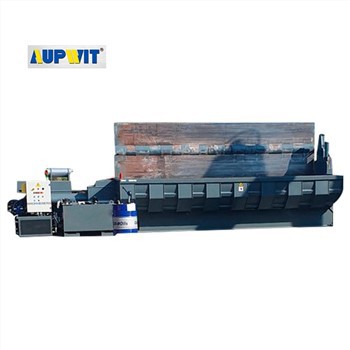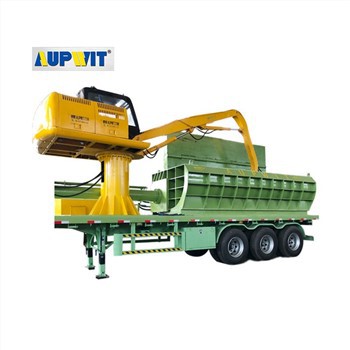-
1. Hydraulic System Inspection
• Check hydraulic oil level and quality
• Replenish if level is low or replace if contaminated
• Inspect all hydraulic lines and connections for leaks
• Ensure proper pressure transmission pathways
-
2. Equipment Startup
• Power on the hydraulic pump
• Allow 5-10 minute warm-up for optimal oil temperature
• Verify all components are operating normally
• Listen for unusual noises during startup
-
3. Pressure Adjustment
• Access control panel settings
• Set pressure based on:
- Metal type (harder metals require higher pressure)
- Material shape/size
- Desired bale density
• Perform test compression after adjustment
-
4. Performance Testing
• Evaluate bale density quality
• Increase pressure if density is insufficient
• Reduce pressure if equipment strains or behaves abnormally
• Repeat until optimal compression is achieved
-
5. Parameter Documentation
• Record final pressure settings
• Note material type and bale specifications
• Document any unusual observations
• Update maintenance logs
Always follow manufacturer's recommended pressure ranges and adjustment intervals to ensure equipment longevity and operator safety.


